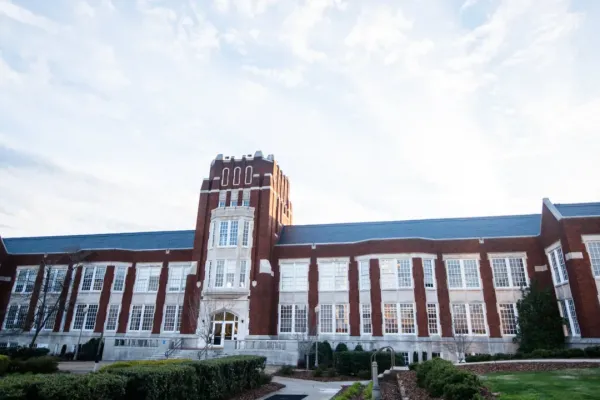In the Wake of COVID: A New Higher Education Movement
The recent months have shown a frightening trend in US academia: universities using the COVID-19 crisis to attack workers across campuses. While the Kansas Board of Regents votes to effectively suspend the protections offered by tenure, Ithaca College is using the crisis to push through sweeping cuts to faculty, staff, and departments, though not without resistance. Meanwhile, the University of Florida scapegoats its own faculty as barriers to in-person instruction, in an attempt to return to no-COVID-here normalcy. At the University of Kentucky, administration laid off and furloughed staff, froze hiring, and decreased employer contributions to staff retirement funds, citing a $70 million shortfall of the $4.2 billion budget (a 1.6% shortfall).
When administrations weaponize the pandemic as an opportunity to deepen austerity measures, they show that they do not care about education, shared governance, or student and worker health. Instead, universities are staging fantasies of normalcy for students and parents, while at the same time attacking faculty and jeopardizing the safety of their community. By mobilizing this moment to undermine workers, administrators are not showing leadership; they are only showing boardrooms and regents that they care about padding their own pockets. The consequences, from arrested shared governance to accelerated anti-labor attacks, now form a pattern for so many universities nationwide.
As we anticipate the long-standing effects COVID will have on higher education, we sit with the awareness that we cannot provide quality education for students when we are struggling to survive. The precarity of this moment highlights the need for job security, increased equity, and affordable healthcare for all campus workers. Instead of sitting in wait, as workers we must empower ourselves by diagnosing our labor conditions, allying with students to protect employee and student health and to reimagine our university communities as just and equitable places for education and research.
This is our opportunity to strategize and collectivize, to move forward with a new labor movement, across working groups, across campuses, across state and region. As unionized staff and faculty at the University of Alabama, we recognize the importance in organizing not just across individual universities but the entire higher education sector to build collective power. A collective of workers dedicated to the health and wellbeing of higher education and the communities surrounding us can show that a different future for us is possible.
Inside Higher Ed: Lacking Collective Bargaining Rights, but Organizing Anyway (cloned)
State of the State: A Message from the Steering Committee (cloned)
CBS 42: Faculty at Jacksonville State University unionizes, joining Auburn and Alabama chapters (cloned)



